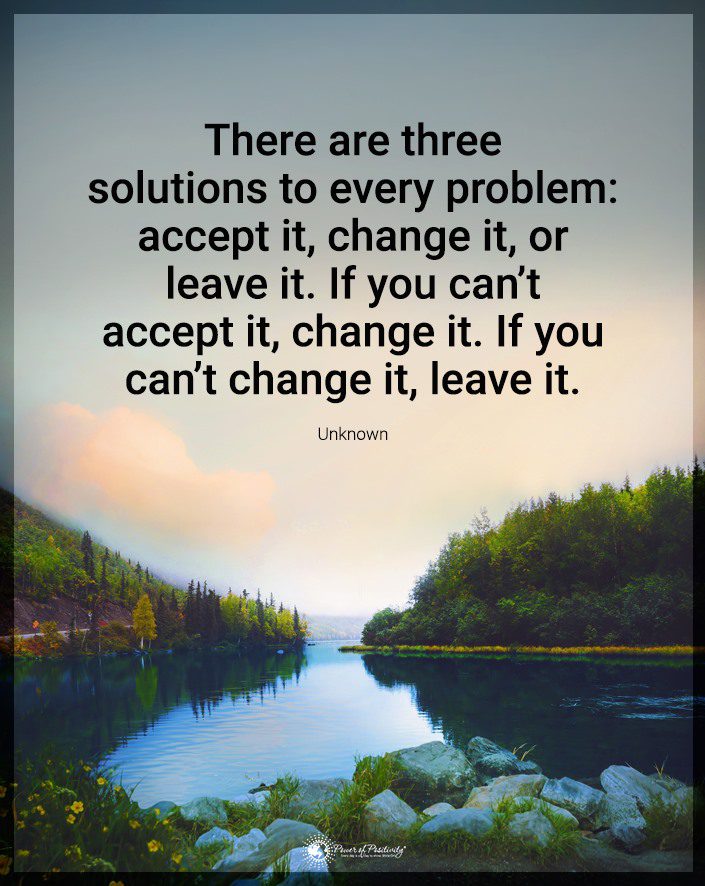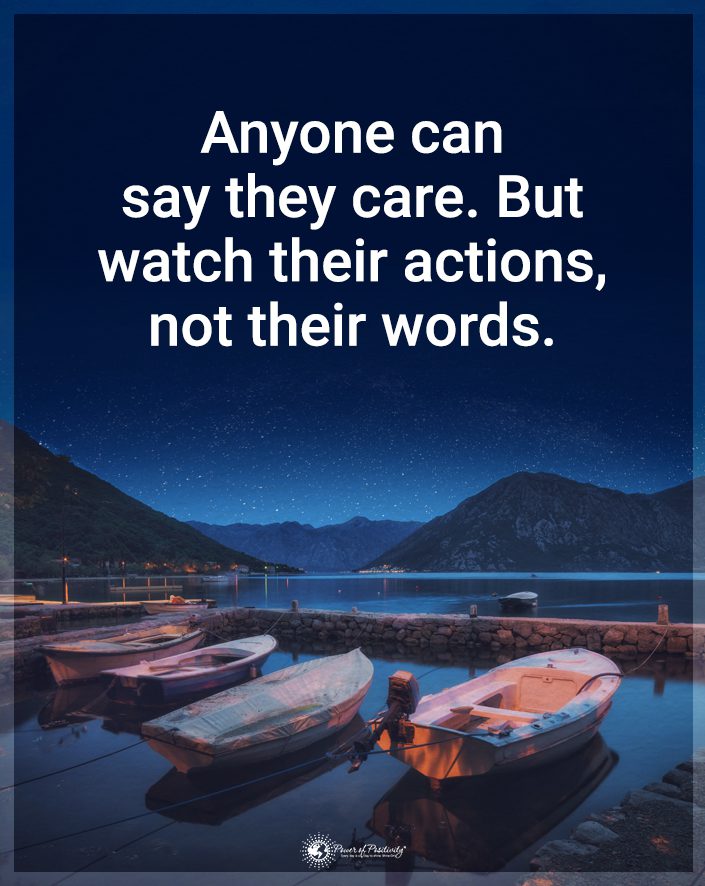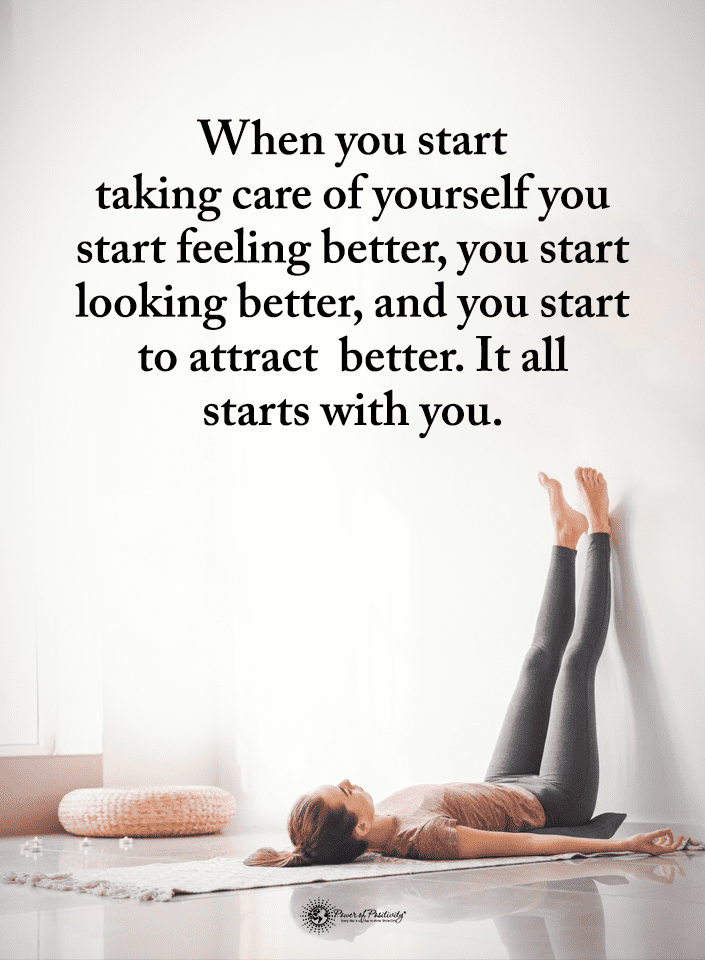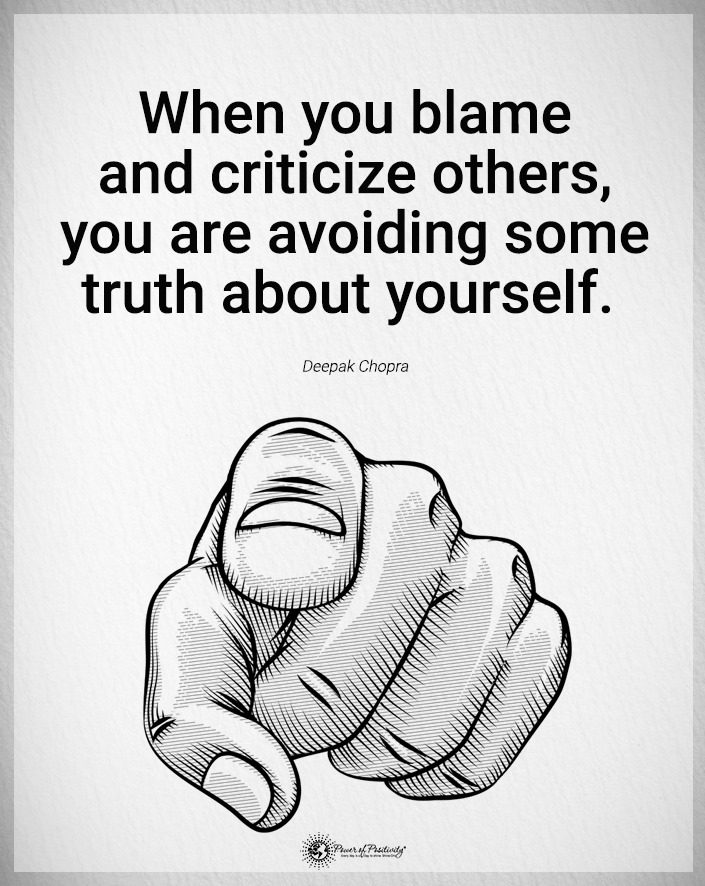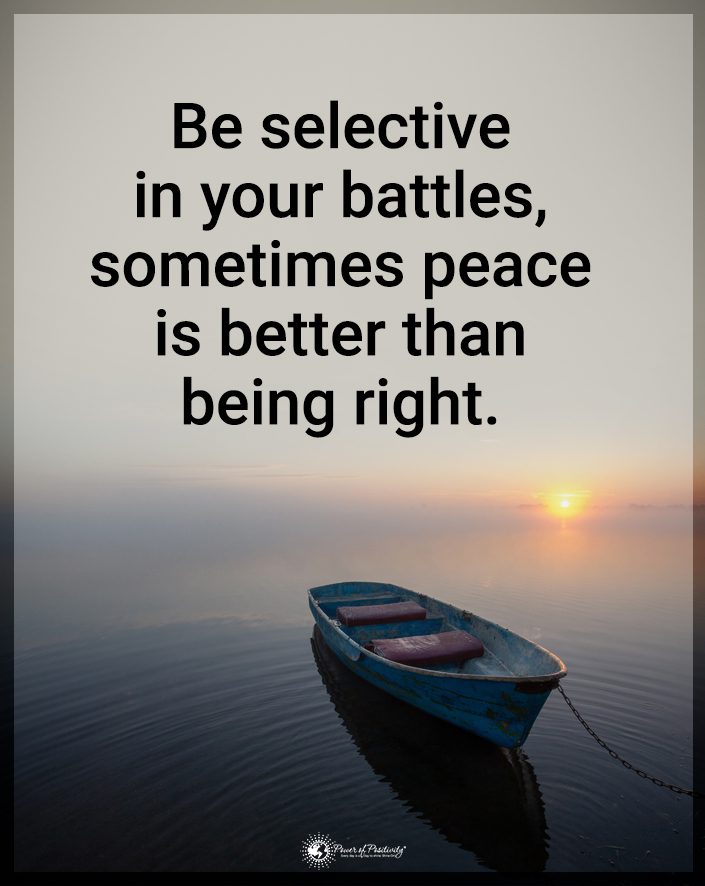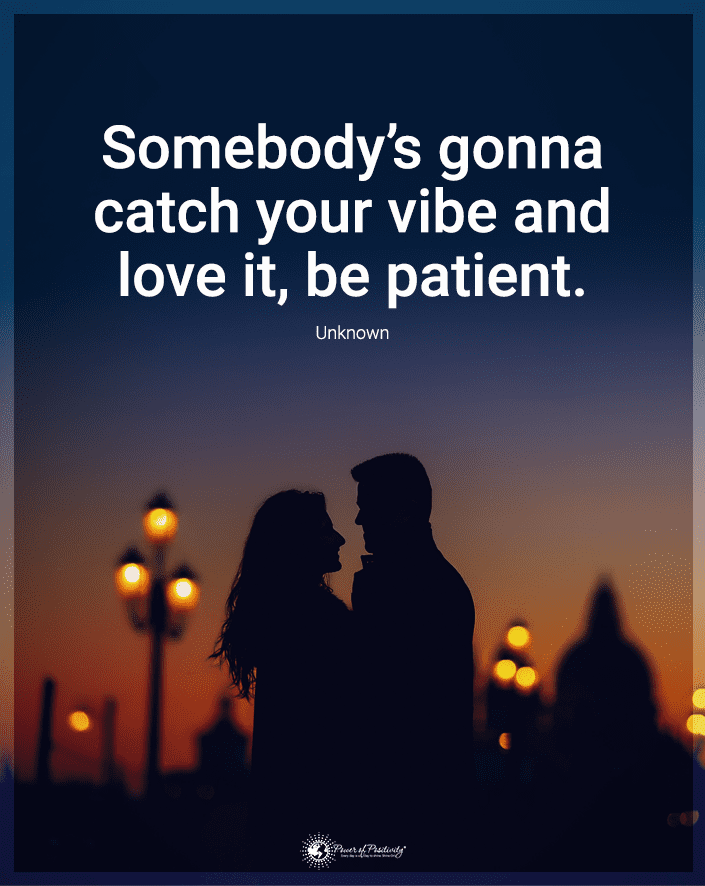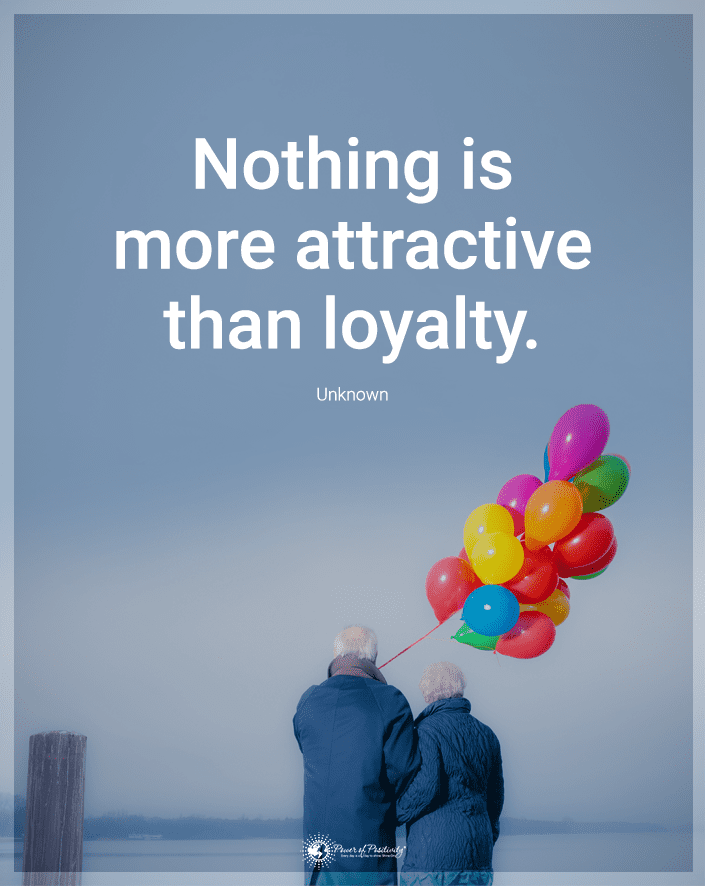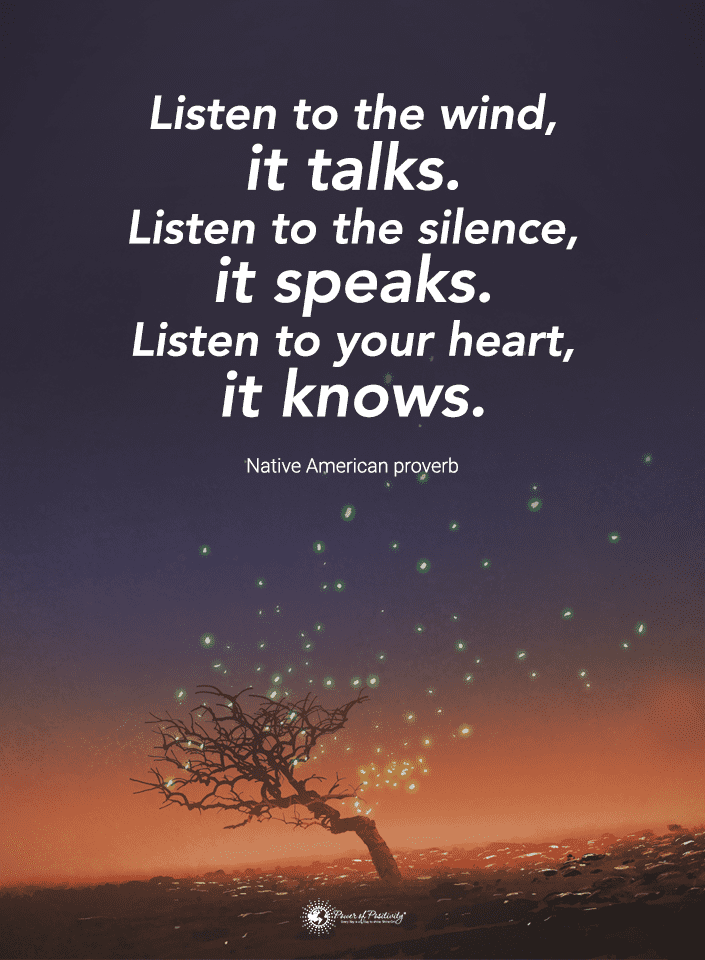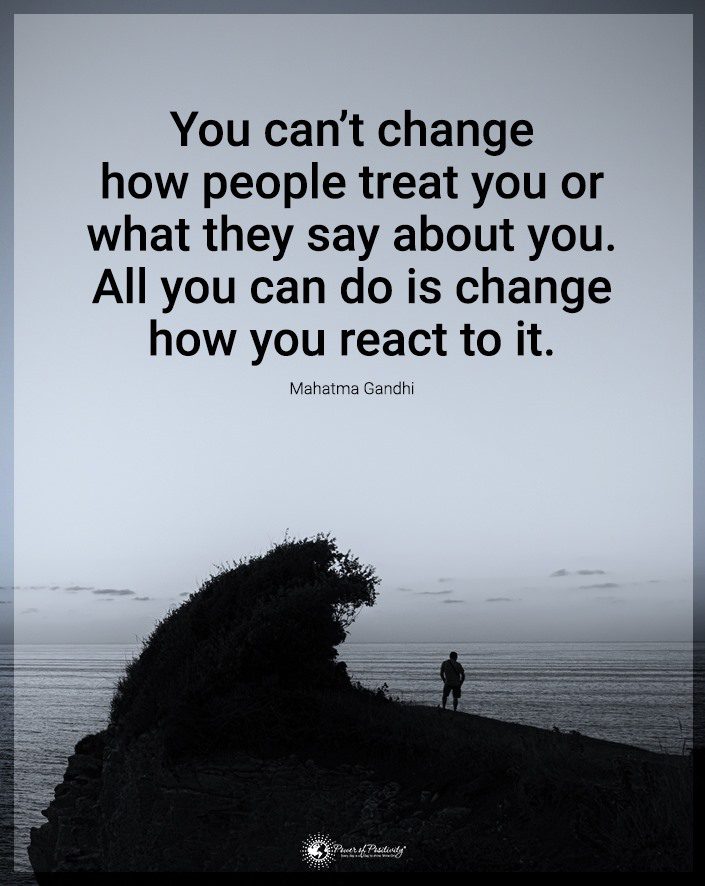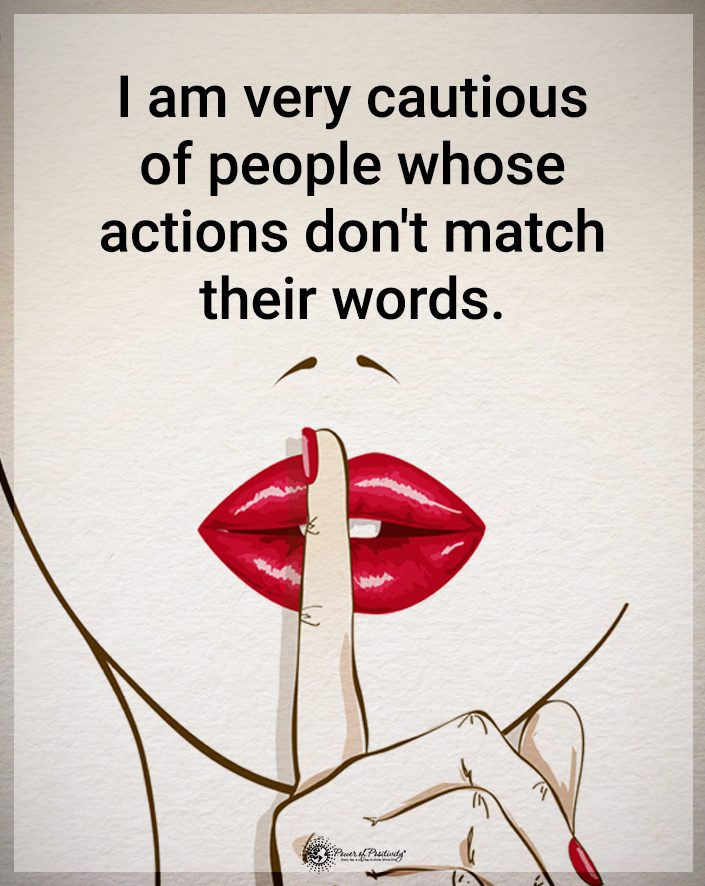Are you anxious about your relationship?
Relationships are the bedrock of human connection. They provide us with love, support, and companionship. However, like all things in life, they come with their own set of challenges. One of the most common challenges people face in relationships is anxiety. Relationship anxiety can be debilitating, causing doubt, fear, and uncertainty.
Therefore, understanding the behaviors contributing to this anxiety is essential to address and overcome it. This article will examine what causes relationship anxiety and offer solutions to help you navigate these challenges.
What Is Relationship Anxiety?
Relationship anxiety refers to the feelings of unease, worry, or fear one might experience concerning their romantic relationship. It’s a form of anxiety that focuses explicitly on romantic partnerships and can be quite debilitating for some individuals. Here’s a closer look at the causes and behaviors that may result:
Origins of Relationship Anxiety:
- Past Traumas: Past experiences, especially negative ones, can impact how one perceives and behaves in future relationships. For instance, someone who cheated on in the past might constantly fear or suspect infidelity in their current relationship. That can happen even if there’s no valid reason for such suspicions.
- Personal Insecurities: Personal feelings of inadequacy or low self-worth can project onto the relationship. Thus, it leads to fears that one is not “good enough” for their partner or might be abandoned for someone “better.”
- External Pressures: Societal expectations, peer comparisons, or family pressures about what a “perfect” relationship should look like can also contribute to relationship anxiety. For instance, seeing seemingly “perfect” relationships on social media might make one doubt the quality of their relationship.
Manifestations of Relationship Anxiety:
- Constant Doubt: One might constantly question the relationship’s future, wondering if it will last or if they’re with the “right” person.
- Obsessive Thoughts: This could range from constantly checking a partner’s social media, seeking hidden meanings in their words or actions, or even obsessively thinking about their past relationships.
- Over-attachment or Detachment: Relationship anxiety can lead to clinginess; one might fear giving their partner any space. Conversely, it can also lead to emotional detachment as a defense mechanism, where one distances oneself to avoid potential future pain.
- Seeking Constant Reassurance: An individual might constantly seek validation or reassurance from their partner about the latter’s feelings or the relationship’s stability.
20 Behaviors That Reveal Relationship Anxiety
Watch for these behaviors:
1. Lack of Communication:
Communication isn’t just about talking; it’s about connecting. When partners fail to communicate, they may misunderstand each other’s perspectives, desires, and concerns. This disconnect can lead to lonesomeness within the relationship, where one or both partners feel unheard and misunderstood.
Solution: Open dialogue is the foundation of understanding. Actively listening means giving full attention to the speaker and seeking to understand their perspective. Avoiding blame and accusations can prevent defensive reactions, making conversations more productive. Regular check-ins, over a weekend breakfast, or a dedicated evening provide a structured space for these conversations. These sessions can be a safe space to voice concerns, express love, and plan shared goals.
2. Overthinking May Reveal Relationship Anxiety
The human mind is a powerful tool. But unchecked, it can create problems that don’t exist. Overthinking can lead to unnecessary worries, doubts, and fears, often based on imagined scenarios rather than reality. That can strain the relationship, causing tension over perceived issues.
Solution: Mindfulness exercises, like meditation, can help anchor thoughts to the present, preventing the mind from wandering into the realm of ‘what-ifs.’ Deep breathing exercises can calm the mind during moments of anxiety. Regularly challenging negative thoughts and seeking evidence for them can prevent spirals of overthinking. Journaling provides an outlet for these thoughts, offering a space to reflect and gain clarity.
3. Avoidance:
While it might seem easier to sidestep complex topics or concerns, avoidance often compounds problems. What starts as a minor issue can snowball into a significant concern when not addressed. As a result, it can lead to heightened anxiety and tension.
Solution: Proactive communication is essential. Instead of waiting for problems to escalate, address them head-on. Using “I” statements can frame concerns as personal feelings rather than accusations, fostering a more receptive environment. For instance, saying, “I feel hurt when we don’t spend quality time together,” is more constructive than “You never spend time with me.”
4. Jealousy:
Jealousy can corrode any relationship. Whether jealousy forms from a partner’s past, interactions with others, or successes, it can create a wedge between partners. That response often leads to mistrust and resentment.
Solution: Introspection is the first step. Understanding why one feels jealous can help address the root cause. Discussing these feelings openly with a partner can provide clarity and reassurance. If jealousy is a chronic issue, seeking therapy can provide coping tools and strategies, ensuring it doesn’t undermine the relationship’s foundation.
5. Seeking Constant Reassurance Might Cause Relationship Anxiety:
Everyone seeks validation to some extent. However, constantly seeking reassurance from a partner can indicate deeper insecurities and self-esteem issues. This constant need for affirmation can be exhausting for the other partner and strain the relationship.
Solution: Building self-worth is a journey that often starts from within. Self-love practices, such as daily affirmations, can reinforce positive self-perceptions. Journaling can provide insights into moments of doubt, helping to challenge and overcome them. Therapy can also be a valuable resource, offering professional guidance on building self-esteem. Remember, while partners can support and validate each other, true self-worth comes from within.
6. Fear of Abandonment Leads to Relationship Anxiety:
The fear of abandonment is more than just a fleeting concern. Instead, it can be a deeply rooted anxiety impacting every facet of a relationship. It often originates from past experiences, such as childhood traumas, previous relationship betrayals, or significant losses. This fear can manifest in various ways. Behaviors that result include clinginess, distrust, or even pushing a partner away preemptively to avoid perceived inevitable pain.
Solution: Therapy, especially cognitive-behavioral therapy, can be invaluable in addressing and unpacking the origins of this fear. It provides tools and strategies to deal with and reframe negative thought patterns. Additionally, open communication with a partner about these fears can foster understanding. A partner’s reassurance, combined with professional therapy, can create a supportive environment for healing.
7. Comparing to Past Relationships:
While past relationships can offer lessons, they can also cast shadows over the present if not processed correctly. Continuously measuring a current partner against an ex can lead to dissatisfaction. It’s frustrating for the other partner, who recognizes that no two individuals or relationships are identical. This comparison can rob the current relationship of its unique joys and challenges.
Solution: Embrace the present. Every relationship offers a fresh start and a new set of experiences. Celebrate the qualities and dynamics that make the current relationship unique. If past relationships cast a long shadow, therapy can help process residual feelings and offer closure, allowing one to invest in the present fully.
8. Social Media Stalking:
Social media offers unprecedented access to people’s lives. However, this access can be a double-edged sword in relationships. Obsessively checking a partner’s online activity can lead to misinterpretations, jealousy, and unnecessary conflicts. It’s perilous when taken out of context.
Solution: It’s essential to strike a balance in the digital realm. Limiting time on social media and resisting the urge to analyze every online interaction with a partner can prevent misunderstandings. Prioritizing face-to-face interactions and building trust offline can fortify the relationship. Remember, social media is a curated snapshot, not a comprehensive representation of one’s life or relationships.
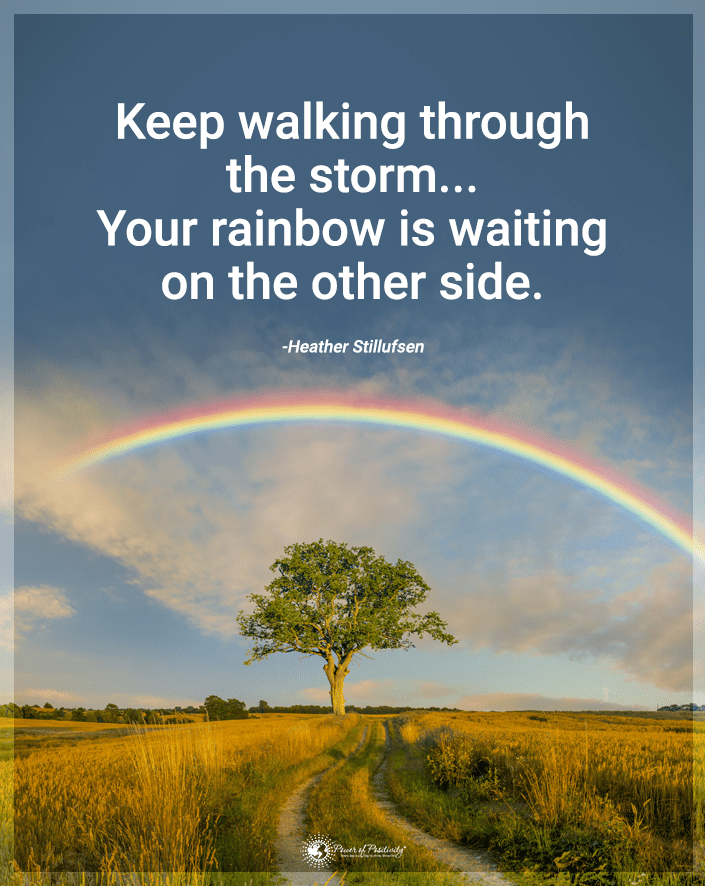
9. Not Setting Boundaries:
Both big and small boundaries define the safety zones in a relationship. Without them, partners can inadvertently overstep. Thus, it may lead to resentment or misunderstandings. Boundaries can range from how much personal time each person needs to how partners interact with external friends and family.
Solution: Open dialogue is critical. Partners should discuss and define their boundaries early in the relationship. Then, they must ensure they’re mutually understood. As relationships evolve, these boundaries need adjustments. Therefore, regular check-ins can ensure both partners remain comfortable and respected.
10. Infidelity:
Infidelity, whether emotional or physical, can deeply wound the trust in a relationship. The aftermath of such an event can be a whirlwind of emotions, from anger and betrayal to sadness and confusion.
Solution: The first step is open and honest communication. If there are mere suspicions of infidelity, address them directly but non-confrontationally. If infidelity occurs, it’s crucial to understand the underlying reasons. Couples therapy can offer a neutral place to navigate these turbulent waters. Counseling helps both partners understand the event’s context, its impact, and the way forward, whether that’s healing together or parting ways.
11. Financial Stress May Cause Relationship Anxiety:
Financial disagreements can create significant stress. Differences in spending habits, income levels, financial priorities, and debt can all contribute to tension. Money often represents more than just currency. That’s because it can symbolize security, freedom, and future aspirations for some people.
Solution: Openness and collaboration are essential. Creating a joint budget allows both partners to see where money is coming from and where it’s going. Setting and reviewing financial goals ensures both partners are on the same page regarding savings, investments, and major purchases. Regular financial discussions help address concerns before they become significant issues. Using tools or apps to track expenses can also be beneficial.
12. Lack of Quality Time Leads to Relationship Anxiety:
In such a fast-paced world, it’s easy for couples to become like ships passing at night. Emotional distance can grow without shared experiences and moments of connection. As a result, partners may feel isolated or neglected.
Solution: Quality over quantity is the mantra. It’s not about spending every waking moment together but making the moments count. Try to enjoy some simple activities. Think of cooking a meal together, watching a movie, or taking evening walks. These can be as bonding as lavish vacations. Scheduling regular date nights or activities ensures that both partners prioritize their relationship amidst their busy lives.
13. Not Respecting Privacy:
While a relationship is a partnership, each individual still has their own identity and needs. Respecting privacy is the understanding that each person needs time and space to recharge, reflect, or pursue personal interests.
Solution: Open communication about personal space needs can prevent misunderstandings. It’s essential to strike a balance between shared time and individual time. Respecting boundaries, like not reading a partner’s messages or giving them space when engrossed in a hobby, fosters trust and understanding.
14. Unrealistic Expectations:
Every individual and relationship has its strengths and weaknesses. Expecting a partner to be a perfect fit in every aspect or to fulfill every need can set the relationship up for disappointment and resentment.
Solution: Regular discussions about expectations can help align both partners. Recognizing that everyone has limitations and that it’s okay to seek fulfillment in hobbies or friendships can lead to a better-balanced and realistic view of the partnership. Celebrating each other’s strengths and supporting each other’s weaknesses fosters a nurturing environment.
15. Not Acknowledging Achievements:
Recognition and appreciation are fundamental human needs. When achievements, big or small, go unnoticed in a relationship. Therefore, it can lead to feeling undervalued or taken for granted.
Solution: Active acknowledgment is critical. Whether it’s a promotion at work, a personal milestone, or even small daily wins, taking a moment to recognize and celebrate each other’s achievements strengthens the bond. This acknowledgment can be as simple as a congratulatory hug, a celebratory dinner, or verbal appreciation. It’s about making the other person feel seen and valued.
16. Holding Grudges and Relationship Anxiety:
Grudges can act as invisible barriers in a relationship, preventing couples from connecting. When past mistakes or disagreements fester, they can create a buildup of negative emotions. That hampers the present and can cloud future interactions with past grievances.
Solution: The act of forgiveness is transformative. It’s about releasing the burden of past hurts for the well-being of oneself and the relationship. While addressing and understanding the root of the grievance is essential, choosing to move past it can lead to healing and growth. Regular conversations, where both partners can express their feelings and seek closure on past issues, can pave the way for a more harmonious future.
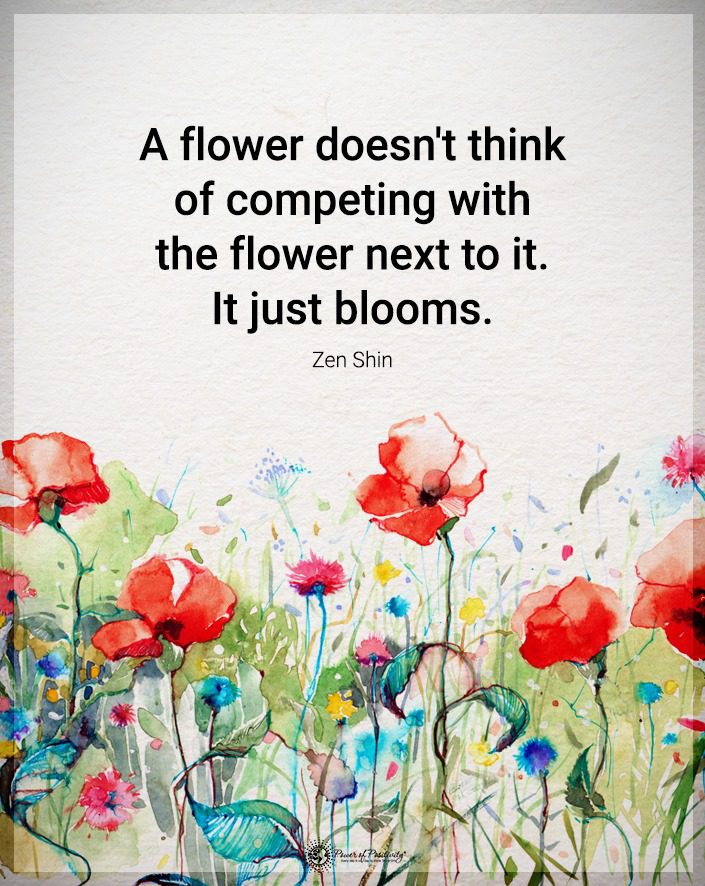 17. Lack of Intimacy:
17. Lack of Intimacy:
Intimacy, both emotional and physical, is the glue that binds couples. It’s about vulnerability, trust, and mutual understanding. A decline in intimacy can lead to feelings of disconnect, loneliness, or even doubts about the relationship’s strength.
Solution: Active efforts to reconnect are essential. That could mean setting aside regular times for deep conversations, planning romantic getaways, or even seeking couples therapy to address underlying issues. Simple gestures, like holding hands, leaving love notes, or sharing personal thoughts, can also reignite intimacy. It suggests that both partners feel valued, understood, and deeply connected.
18. Not Sharing Responsibilities:
In any partnership, balance is crucial. When one partner feels they’re shouldering more responsibilities, whether household chores, financial burdens, or emotional support, it can lead to feeling overwhelmed or undervalued.
Solution: Open communication about the division of responsibilities is vital. Creating a shared to-do list or setting up a chore chart can help distribute tasks more evenly. Regular check-ins can ensure that both partners feel the balance is fair and make adjustments as life circumstances change. It’s about teamwork and ensuring both partners feel supported.
19. Not Supporting Individual Growth:
A relationship consists of two individuals with their dreams, aspirations, and growth trajectories. While the partnership is essential, so is individual development. When one partner feels stifled or unsupported in their personal growth, it can lead to resentment or stagnation.
Solution: Actively support and encourage each other’s goals, whether related to career, personal hobbies, or self-improvement. This behavior might mean celebrating a partner’s promotion, encouraging them to take a course, or simply being a sounding board for their ideas. By being each other’s cheerleaders, couples can grow both individually and together.
20. Ignoring Red Flags:
Every relationship has ups and downs, but certain behaviors or patterns can signal deeper issues. Ignoring these red flags, whether it’s consistent disrespect, a lack of trust, or incompatible life goals, can lead to more significant problems down the line.
Solution: Intuition is powerful. If something consistently feels off, it’s essential to address it head-on. Engaging in open conversations about concerns can provide clarity. So, it is crucial to differentiate between issues stemming from personal insecurities and genuine red flags in the relationship. Couples may need to evaluate the relationship’s health if certain concerning behaviors persist. They might also consider seeking external guidance or counseling.
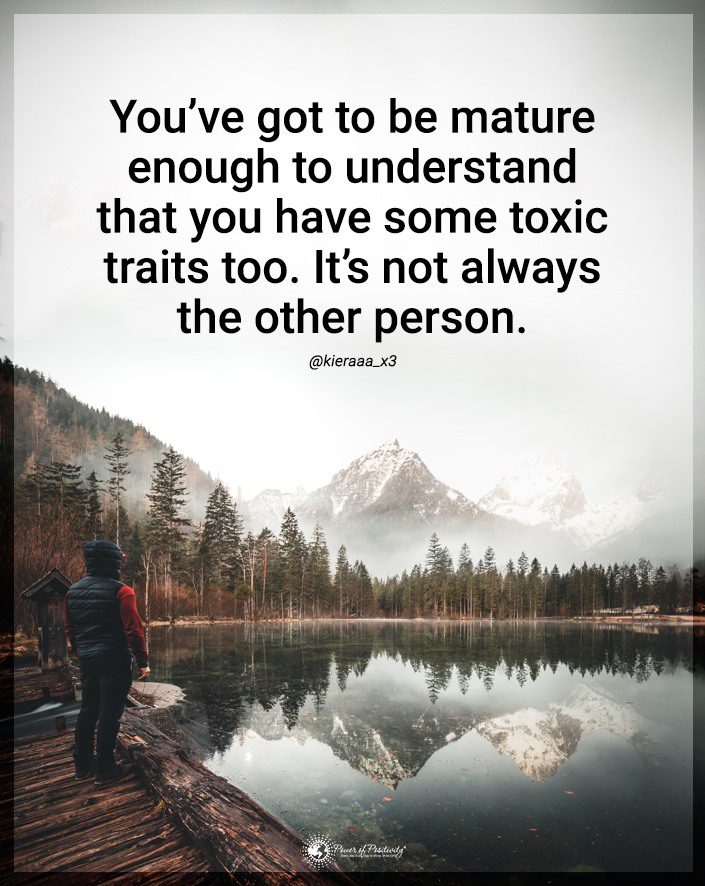
Final Thoughts on Understanding the Behaviors That Reveal Relationship Anxiety and Having the Courage to Fix Them
Relationship anxiety, while challenging, is not impossible. When couples recognize and address these behaviors, they can build a stronger, more resilient bond. In fact, open communication, understanding, and mutual respect are the cornerstones of any healthy relationship.
If you or your partner struggle with relationship anxiety, seek professional help to identify the habits that add to the problem. Then, you will be able to overcome these challenges together.

